Hvac Sensors Controls
Are you tired of your HVAC system not working correctly? Do you want to save money on your energy bills? If so, you need to understand how HVAC sensors controls work.
Pain Points
When your HVAC system is not working correctly, it can lead to uncomfortable temperatures, higher energy bills, and even health problems. Faulty sensors can cause the HVAC system to operate inefficiently or not at all, leading to wasted energy and higher costs.
Target of HVAC Sensors Controls
The target of HVAC sensors controls is to regulate the heating, ventilation, and air conditioning systems in a building. Sensors are used to monitor the temperature, humidity, pressure, and other environmental factors in the building. The information gathered by the sensors is then used to control the HVAC system, ensuring that the building is comfortable while minimizing energy usage.
Main Points
HVAC sensors controls are critical to the proper functioning of an HVAC system. They help regulate the temperature in a building, ensuring that it is comfortable for the occupants while minimizing energy usage. Sensors are used to monitor the environment in the building and provide data that is used to control the HVAC system. Properly functioning sensors can save money on energy bills, increase the lifespan of the HVAC system, and improve the overall comfort of the building.
Wireless HVAC Sensors Controls
At Makeatronics, we offer wireless HVAC sensors controls that can help improve the efficiency of your HVAC system. Our sensors are easy to install and can be integrated into your existing system. With our sensors, you can monitor the temperature, humidity, pressure, and other environmental factors in your building in real-time. The data collected by our sensors can be used to optimize your HVAC system, ensuring that it operates efficiently while maintaining a comfortable environment.
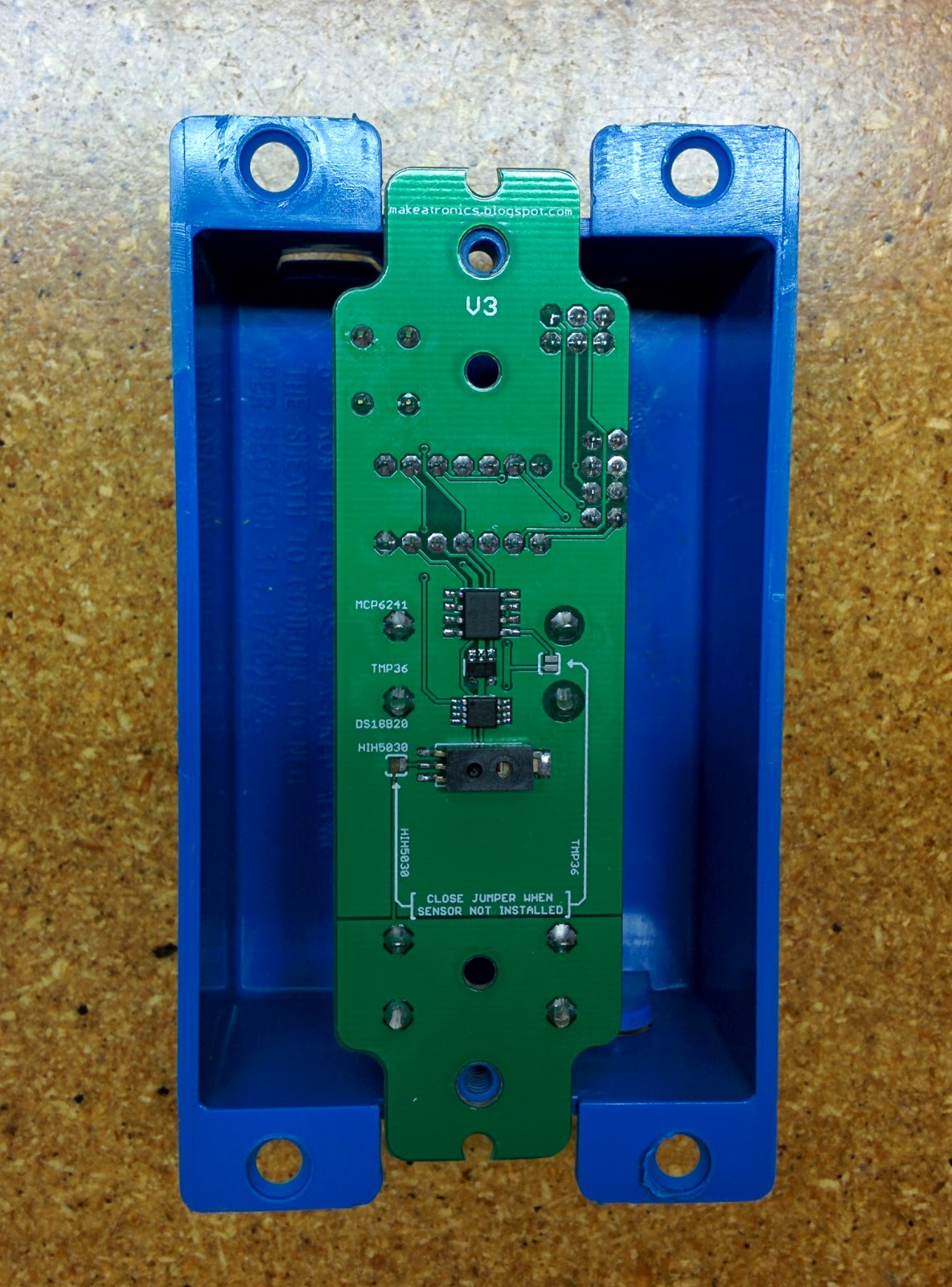
Why Do HVAC Systems Need Pressure Sensors?
Pressure sensors are an essential component of an HVAC system. They are used to monitor the pressure in the ductwork, which can help detect leaks or other issues before they become more significant problems. By monitoring the pressure in the ductwork, the HVAC system can operate more efficiently, reducing energy usage and lowering costs.
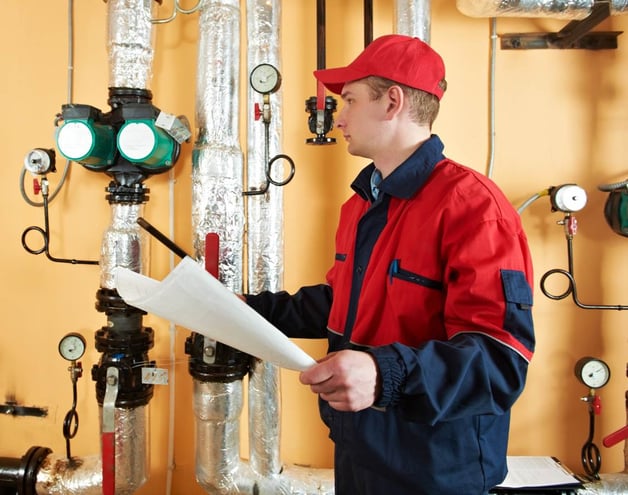
Types of HVAC Sensors Controls
There are many types of HVAC sensors controls, including temperature sensors, humidity sensors, pressure sensors, and more. Each type of sensor is essential for regulating the environment in a building and ensuring that the HVAC system operates efficiently. Properly functioning sensors can help save money on energy bills, increase the lifespan of the HVAC system, and improve the overall comfort of the building.
Benefits of Proper HVAC Sensors Control Maintenance
Proper maintenance of HVAC sensors controls can help ensure that the system operates efficiently and effectively. Regular sensor calibration and cleaning can help prevent issues and improve the lifespan of the system. Additionally, sensors that are properly maintained can provide more accurate data, allowing the HVAC system to operate more efficiently and reducing energy usage.
Question and Answer
Q: What is the primary function of HVAC sensors controls?
A: The primary function of HVAC sensors controls is to monitor the environment in a building and regulate the HVAC system to maintain a comfortable temperature while minimizing energy usage.
Q: What types of sensors are used in an HVAC system?
A: There are many types of sensors used in an HVAC system, including temperature sensors, humidity sensors, pressure sensors, and more.
Q: How can properly functioning HVAC sensors controls save money on energy bills?
A: Properly functioning HVAC sensors controls can regulate the HVAC system, ensuring that it operates efficiently and minimizes energy usage. This can help save money on energy bills over time.
Q: Why is regular maintenance of HVAC sensors controls important?
A: Regular maintenance of HVAC sensors controls can prevent issues and improve the lifespan of the system. Additionally, sensors that are properly maintained can provide more accurate data, allowing the HVAC system to operate more efficiently and reducing energy usage.
Conclusion
Understanding how HVAC sensors controls work is critical to maintaining a comfortable and energy-efficient building. Wireless HVAC sensors controls, pressure sensors, regular maintenance, and proper sensor calibration are all essential components of an effective HVAC system. By investing in HVAC sensors controls, you can save money on energy bills, increase the lifespan of your system, and ensure that your building is comfortable for occupants.
Gallery
Makeatronics: Wireless HVAC Sensors - V3 Now Available
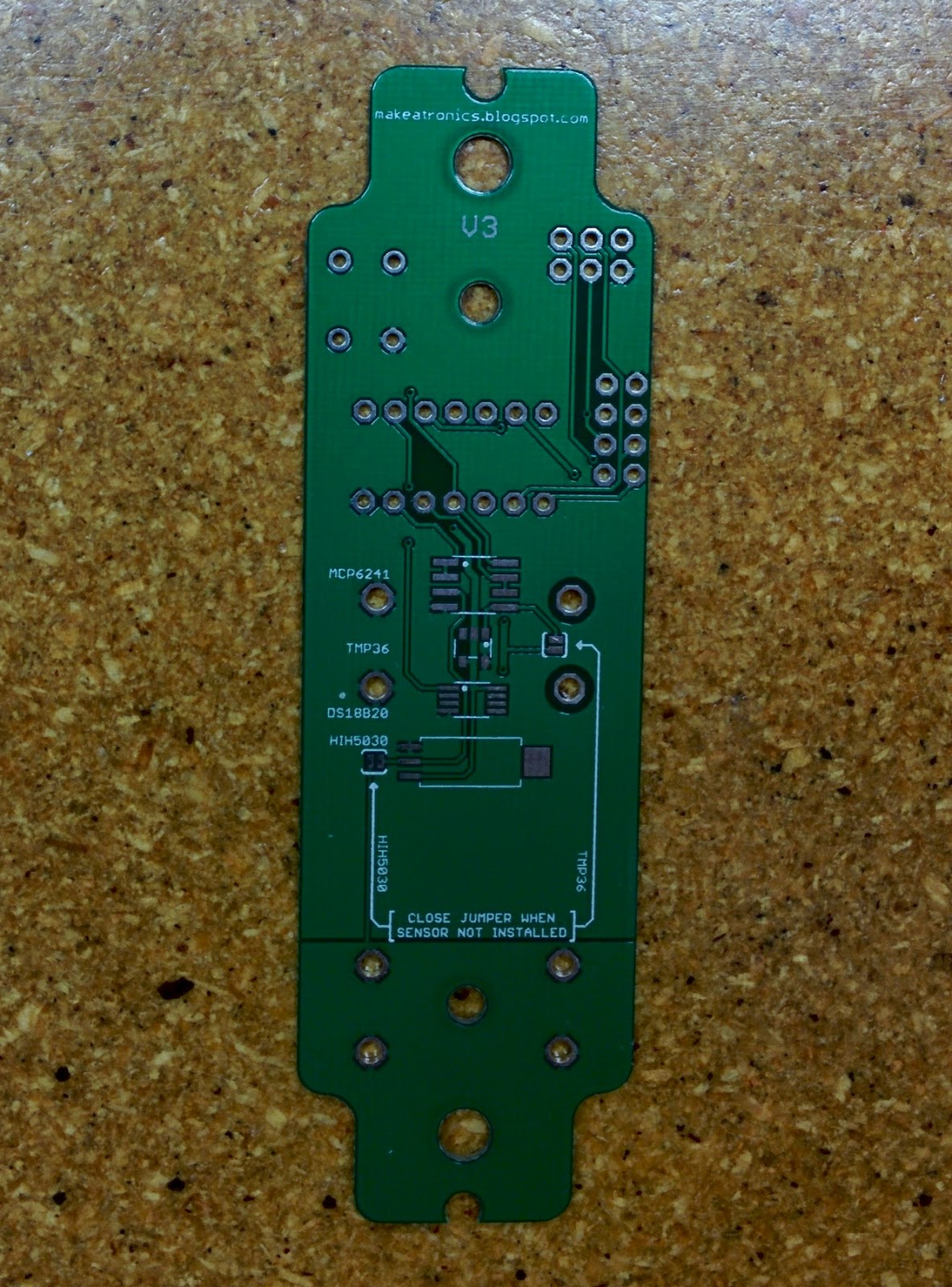
Photo Credit by: bing.com / hvac sensors wireless v3 available continue reading
Makeatronics: Wireless HVAC Sensors - V3 Now Available
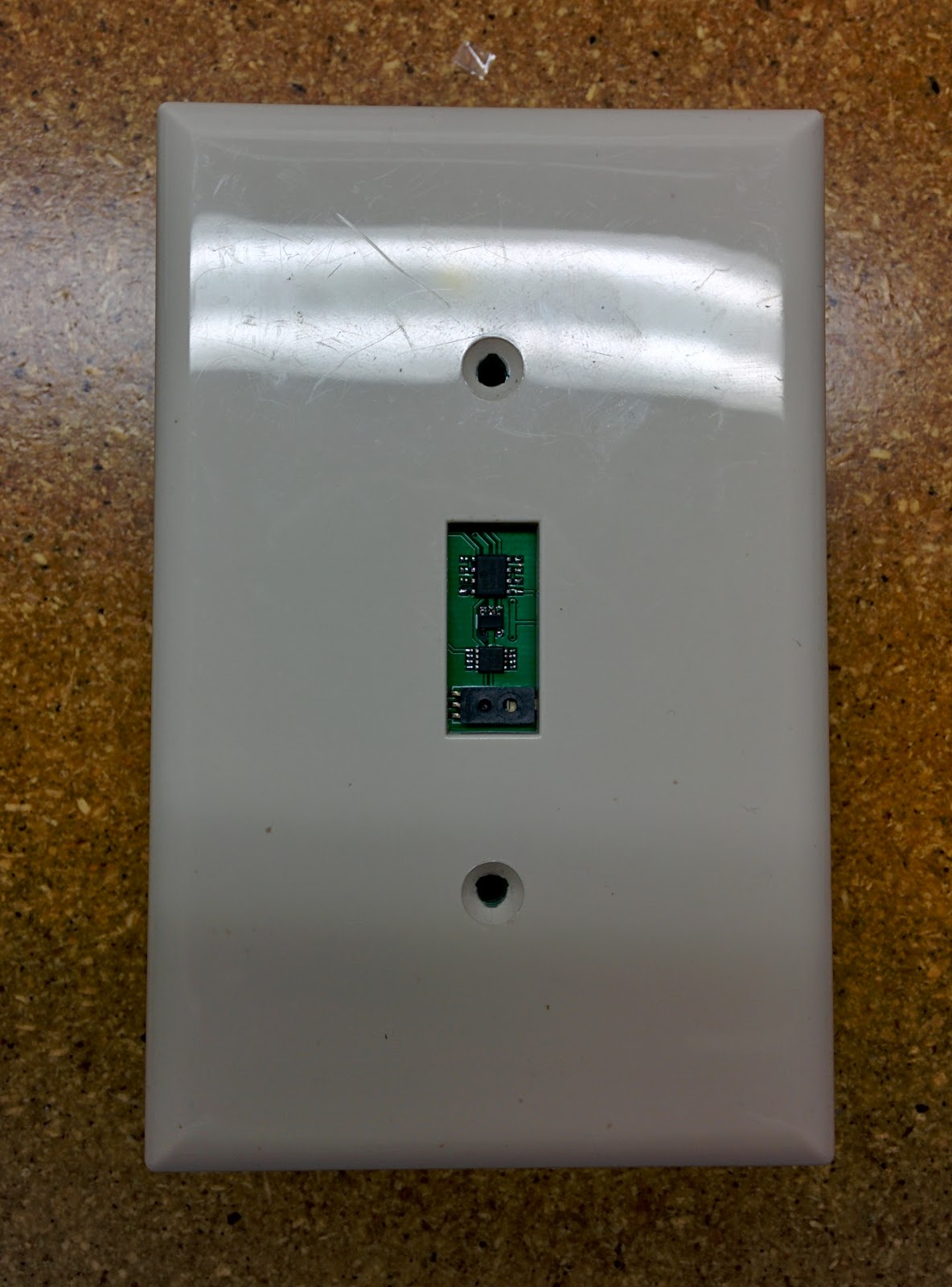
Photo Credit by: bing.com /
Why Do HVAC Systems Need Pressure Sensors?

Photo Credit by: bing.com / hvac differential detecting maintenance
Hvac_sensors_catalogue.pdf
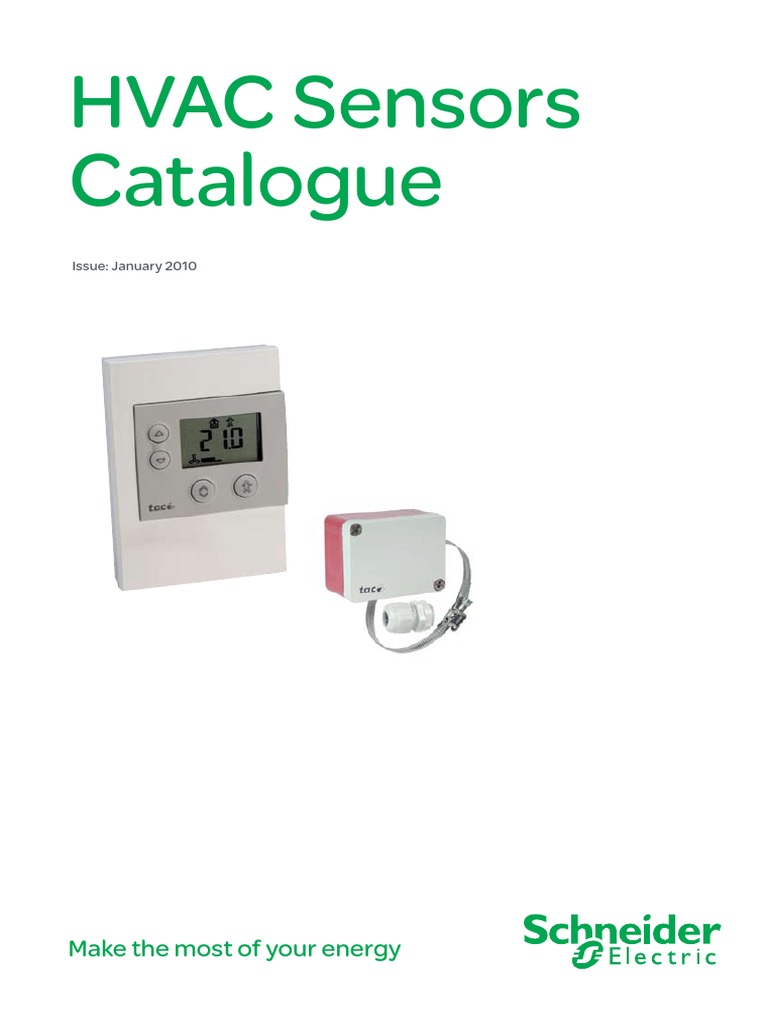
Photo Credit by: bing.com / hvac sensors
Makeatronics: Wireless HVAC Sensors - V3 Now Available

Photo Credit by: bing.com /
0 Response to "Hvac Sensors Controls"
Posting Komentar